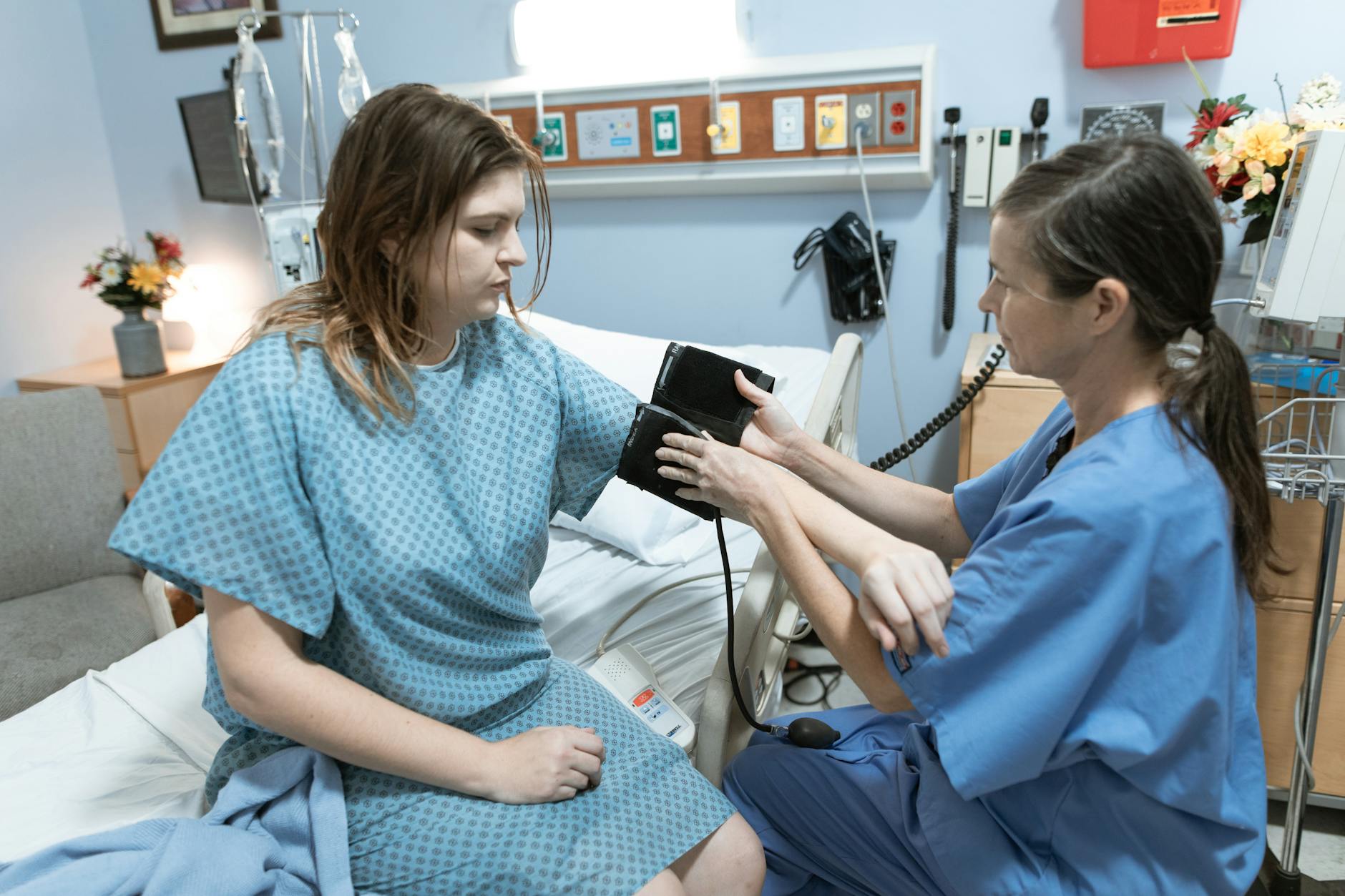
You don’t just want treatment
You want to feel safe when you walk in. You want someone who looks up when you say your name. Not a clipboard. Not a timer. You want to be more than a file. More than a diagnosis code. You want care that feels like it sees you.
And you want to stop guessing where that exists.
You want care that feels like it sees you
You’ve tried places before. Some smiled, but didn’t listen. Some nodded, but didn’t remember. You left wondering if it was your fault. Maybe you didn’t explain clearly. Maybe your pain wasn’t visible enough. Maybe you expected too much.
But deep down, you know you didn’t.
Maybe your pain wasn’t visible enough
It’s not about how loud your symptoms are. It’s about how much they’ve taken from you. Some days, your condition is the only thing in the room. Other days, it’s quiet, but never gone. You don’t want someone who waits for it to become dramatic.
You want someone who believes you now.
You want someone who believes you now
You read reviews. You scroll. You ask around. But it’s hard to know from a website. Every clinic says they care. Every clinic says they listen. You’re looking for proof. Something real. Something felt.
You’re looking for trust, not taglines.
Every clinic says they listen
But have they ever asked what you need in a waiting room? Have they asked what makes you feel respected? What makes you feel rushed? Have they ever asked what questions you’re afraid to say out loud? That’s the clinic you want.
One that’s more curious than confident.
One that’s more curious than confident
You’re not just choosing a place. You’re choosing people. Their tone. Their patience. Their willingness to explain. Their reaction when you say you’ve tried everything. Their face when you admit how long you’ve been hiding symptoms.
You’re choosing how you’ll be treated when things get complicated.
You’re choosing how you’ll be treated
When your blood work doesn’t match your symptoms. When your history is longer than expected. When your chart doesn’t say enough. Will they keep looking? Or stop listening? That moment will matter more than credentials. More than decor. More than how close it is.
And you won’t know until it happens.
You won’t know until it happens
That’s what makes this hard. There’s no perfect checklist. No guaranteed sign. You pick based on feeling. On instinct. On how the receptionist answers the phone. On how long they let you speak before interrupting.
You learn to listen for small signals.
You learn to listen for small signals
Do they ask how long it’s been hard? Do they ask what’s made it harder lately? Do they ask what you’ve already survived without help? The right clinic doesn’t rush into solutions. It stays in the question with you a little longer.
And sometimes that’s the treatment.
Sometimes that’s the treatment
Being met with patience. With someone who doesn’t assume. Someone who waits to be taught by your experience. You want a clinic that treats your story like a study. Not a problem. Not a puzzle. Just something worth understanding.
You want to stop translating your pain into something acceptable.
You want to stop translating your pain
You want to speak plainly and still be believed. You want to cry without apologizing. You want space to be uncertain. To say “I don’t know” without being dismissed. You want to say “I’m scared” without being minimized.
You want room to be human again.
You want room to be human again
And that room isn’t always in the fanciest place. Or the one with the newest chairs. Sometimes, it’s in a small clinic with quiet staff. Sometimes it’s in a place that feels worn-in, not worn-out. The best clinic isn’t always the best-looking one.
It’s the one that makes you breathe easier when you enter.
It’s the one that makes you breathe easier
When the doctor remembers your name. When the nurse holds your gaze. When the questions feel real. When you leave feeling seen—even if nothing’s solved yet. When you don’t dread coming back. That’s the clinic that matters.
Because it doesn’t just treat your condition. It treats your life.
